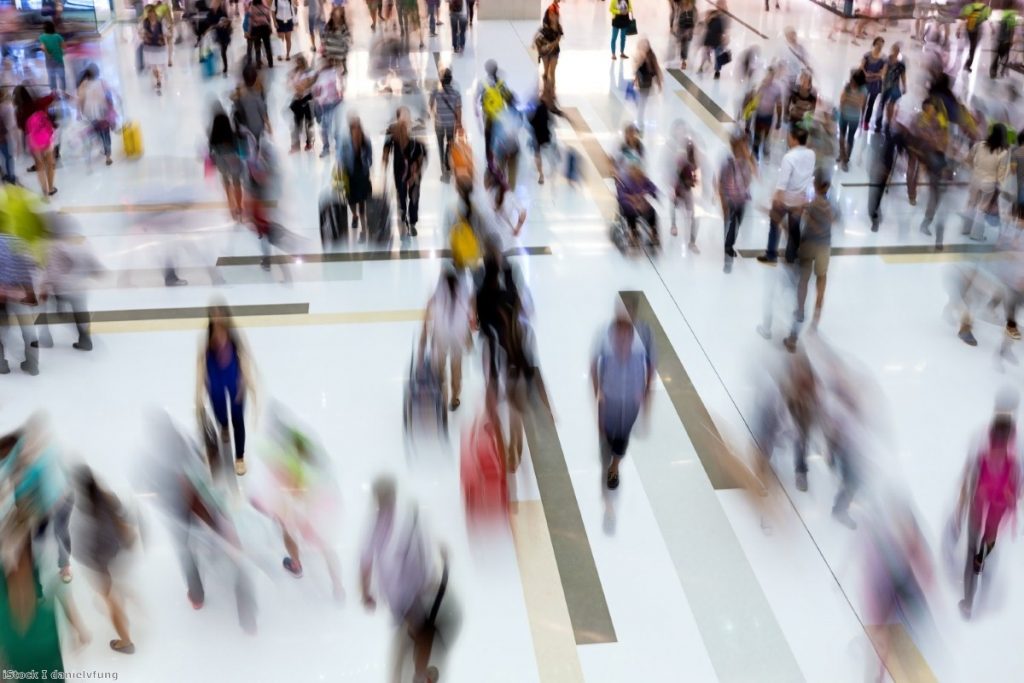By Kate Allen and Nazek Ramadan
Coronavirus has challenged each and every one of us in its own way. Whether you’re rich or poor, in good health or bad, live alone or have children – we have all been confronted by a very new way of living and forced to wrestle with how our futures might be quite different to what we had anticipated.
But many migrants in this country are enduring a particularly difficult lockdown because of a deeply flawed immigration system. Some are even being forced to break covid rules outlined by the government.
No.10’s key message and instruction at this time is for social distancing and self-isolation. But how can you do this if you don’t have a place to call home or your accommodation is unsafe? And what if you can’t afford food, shelter, medicine and other essentials? Many migrants will have been faced with the stark choice of going hungry or taking on work that is exploitative and unsafe. And if you’re held in immigration detention, whether you can stay safe at this time is out of your hands altogether.


Covid-19 doesn’t discriminate on the basis of citizenship or immigration status, but the UK’s immigration system does – and it does so in profoundly harmful ways, even without this pandemic.
What is patently clear is that the government’s Covid-19 response must do more to address the immigration system and those stuck inside it at a time of national and global crisis.
Perhaps most urgently, ministers must ensure that everyone has access to safe accommodation and support and that no provider of vital necessities has any hesitation in giving what is needed. Currently, many migrants are excluded from renting accommodation, or working, or accessing various social and welfare services that they need to keep safe.
Before the pandemic, many migrants were heavily reliant on charities and food banks to survive. Under lockdown, these people are now almost entirely cut off from the world. They face stark choices. With no access to wifi and unable to afford food, they are often hungry, lonely and have little idea how their families are coping abroad. One man we have worked with is currently surviving on a tin of baked beans a day and drinking tea to stem the hunger. This should absolutely not be allowed to happen in 21st century Britain.
The government must also immediately stop all data-sharing that might deter people from contacting vital services. Indeed many are too scared to contact public services for fear of being reported to the immigration authorities. We know of one migrant who contracted Covid-19 and was too scared to seek healthcare for fear of being reported to the Home Office. He died in his home. Again, how can the government allow this to happen?
Everyone who needs healthcare must be able to get it. Treatment for the virus has been made free for everyone, but as long as people are still being charged for all other conditions – including underlying ones that might make someone vulnerable to coronavirus – many cannot seek the help they desperately need.
Immigration detention must also be urgently reviewed in the current crisis. Where this is unsafe, or being used for immigration purposes that are not possible at this time, all those detained should be released. Independent experts have made clear the risks of Covid-19 spreading rapidly inside places of detention and cases have already been confirmed in the centres. And as long as travel restrictions mean people cannot be removed from the UK, there is no lawful basis for continuing to detain them.
Finally, we must ensure that the information that migrants need about these essential matters is received and understood.
None of the above will be easy – the immigration system has been very effective at isolating people and making them fearful of government and public services for many decades. But right now there is a sense of urgency that has not been felt in a lifetime – and postponing action any longer could prove catastrophic.
This is a chance to do the right thing and set an example to the world in how we treat some of the most vulnerable in our society.
Doing all that is needed to ensure everyone in the UK can stay safe, healthy and adhere to government guidance must be the first and last priority of the home secretary and all her officials. And that means radically changing what the immigration system does.
Nobody is safe, unless we’re all safe.
Kate Allen is director of Amnesty UK. Nazek Ramadan is director of Migrant Voice.
The opinions in Politics.co.uk’s Comment and Analysis section are those of the author and are no reflection of the views of the website or its owners.

